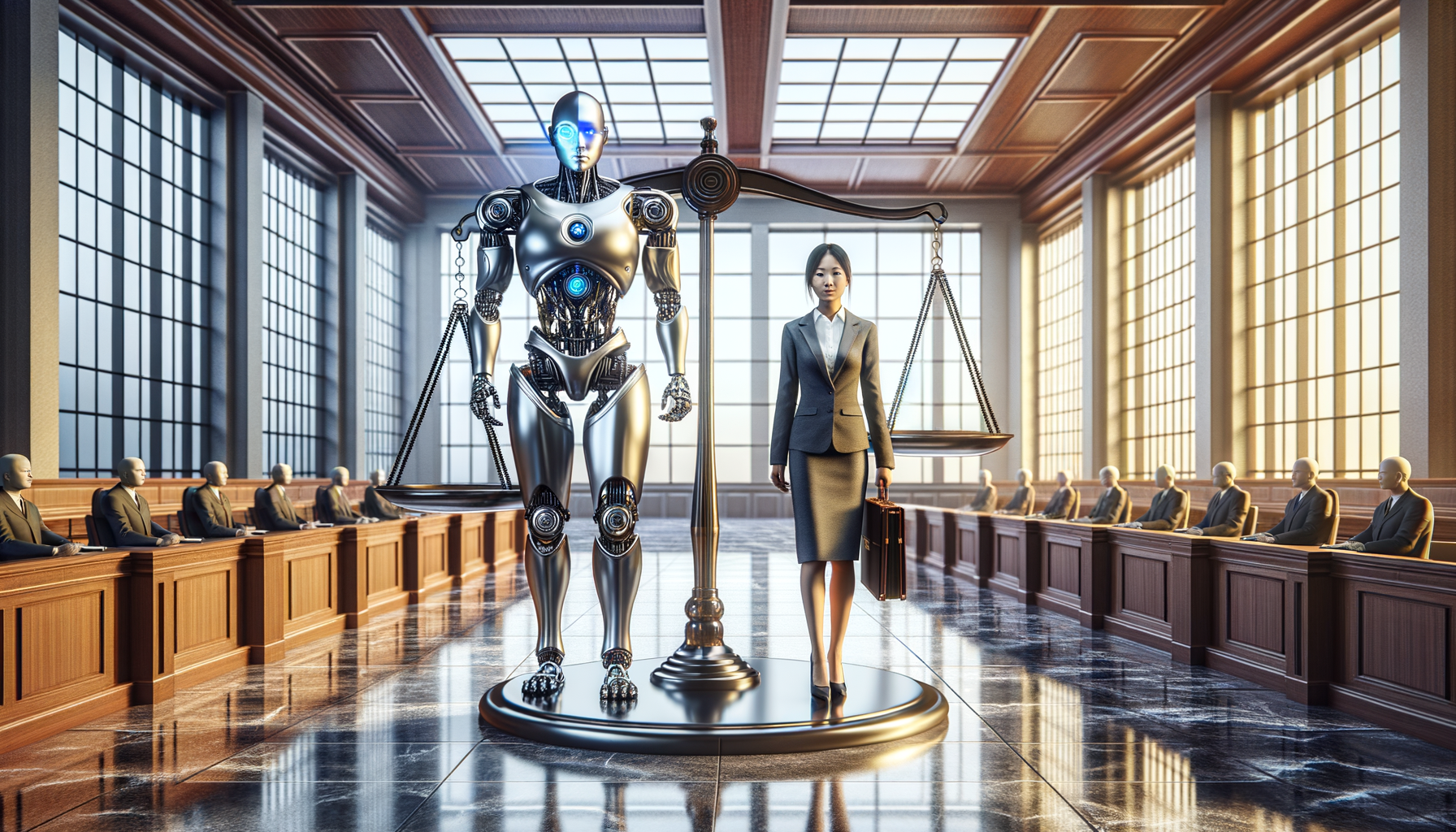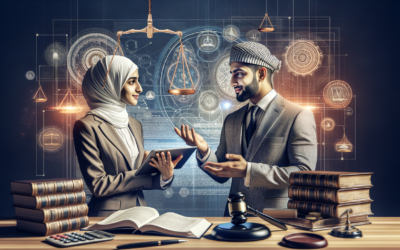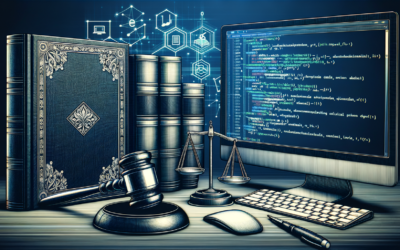Robot Law
At a time when technology and artificial intelligence are seeing unprecedented development, a new branch of law is beginning to take shape: robot law. This discipline, still in its infancy, aims to frame the multiple legal implications of robotic autonomy and its integration into our societies.
What is Robot Law?
Robot law is an emerging field of law that questions the place of robots and autonomous systems within the existing legal framework. He is interested in how the law can and should apply to non-human entities that make decisions or act autonomously.
The foundations of robot law
To understand robot law, we need to look at its foundations and the challenges it seeks to meet. At the intersection of ethics, technology and law, this new field raises questions about the responsibility, rights and legal status of robots.
Responsibility and artificial intelligence
Can a robot be held responsible for its actions? Traditional legislation is based on notions of fault and responsibility linked to the ability to act with awareness of the consequences of one’s actions, which poses a problem when it comes to artificial intelligence.
The legal status of robots
Should we give robots legal status? If so, what would it be? Assigning legal personality to robots is one of the avenues being discussed by legal experts. This would allow them, at least in theory, to take part in contracts or disputes.
Ethics and regulations
Ethics are intrinsic to robot law. The moral implications of using robots, particularly in terms of privacy and employment, call for careful regulation, as evoked in work on predictive justice or the smart contract.
Practical applications of robot law
This right is not limited to theory. It has concrete applications in fields such as industrial robotics, autonomous vehicles and personal assistants.
Robotics and industry
Robot law regulates the use of robots in industry, where they are often employed to automate tasks, as detailed in perspectives on ediscovery or legal project management.
Autonomous vehicles
The rise of autonomous vehicles raises new questions in terms of liability in the event of an accident. Is the current framework sufficient? These considerations are similar to those discussed in the GRC (Governance, Risk and Compliance) section.
Assistants and personal services
Intelligent personal assistants also require some legal thought, particularly with regard to data protection and privacy. A topic linked to regtech, technology at the service of regulatory compliance.
Frequently asked questions
Here’s a list of frequently asked questions about robot law.
Can a robot be an owner?
In their current status, robots cannot own property, as they have no legal personality. However, the possibility of granting them such status is an open question.
Do specific laws already exist for robots?
There are as yet no laws entirely dedicated to robots, but some national legislation and international directives are beginning to include specific clauses to govern their use.
How do you deal with a robot’s invasion of privacy?
The violation of privacy by a robot falls within the scope of data protection and confidentiality laws, a field of application that shares similarities with the principles of artificial intelligence.
This article delves into the subject of robot law, touching on a current issue that is increasingly relevant to the evolution of our legal and technological societies.




